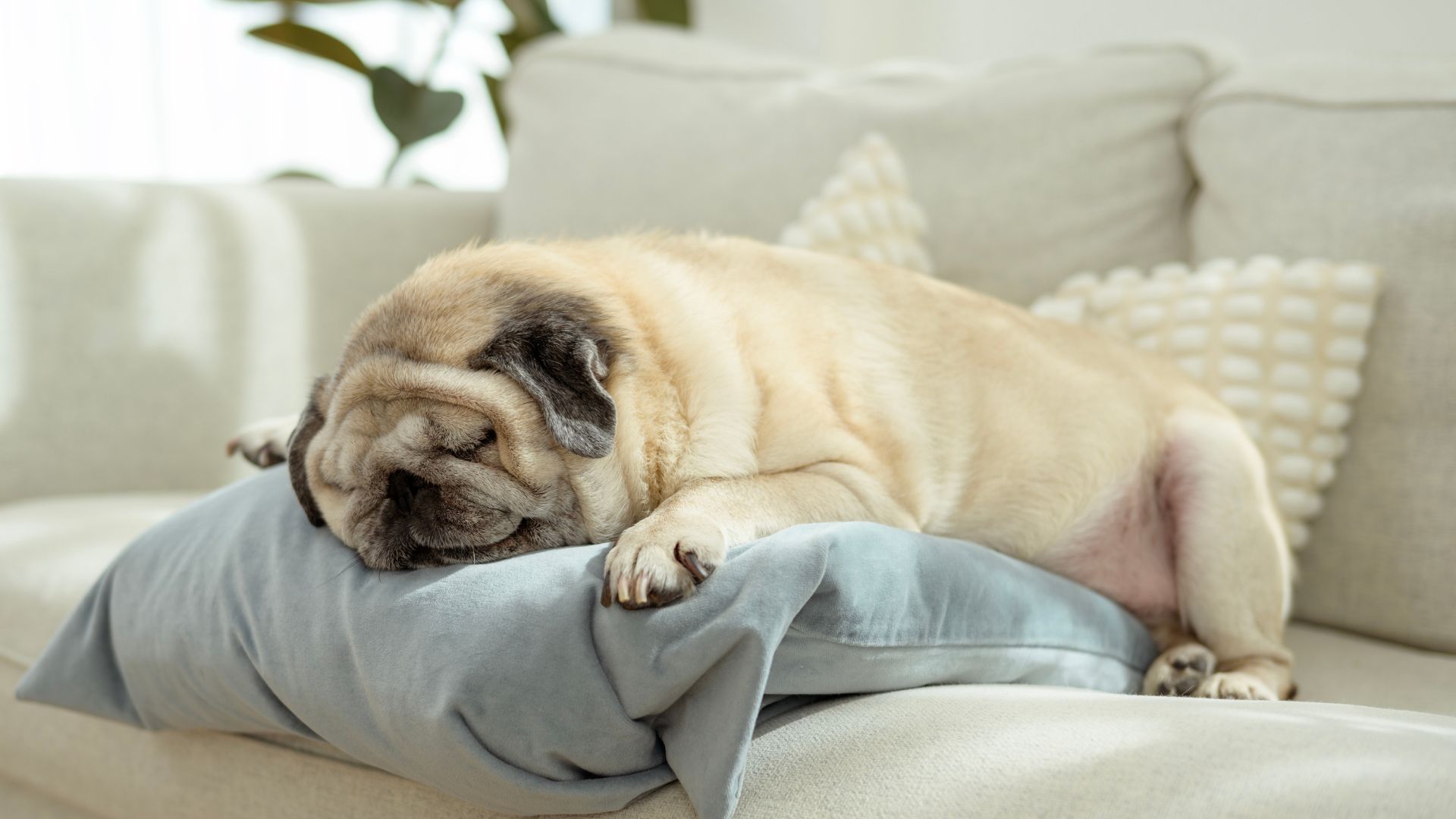Is your pup’s snoring louder than your alarm clock? While all dogs can snore occasionally, some breeds are practically born for it. Certain breeds are naturally more prone to noisy nighttime breathing, especially those with short snouts, heavy builds, or relaxed throat muscles. In many cases, it’s nothing to worry about. But chronic or sudden-onset snoring may signal a health concern such as obesity, sleep apnea, or respiratory issues.
Snoring usually results from airflow obstruction in the nose or throat. In flat-faced (brachycephalic) breeds, this is often due to their compact airways. In others, it might stem from sleeping position, age, or weight gain. Whether it’s amusing or disruptive, a snoring dog often just needs better sleep posture, allergy relief, or a lighter dinner. But in some cases, a vet visit is wise.
Quick Snore Facts:
Snoring is most common in brachycephalic (short-nosed) breeds.
Dogs can snore from allergies, obesity, colds, or nasal obstructions.
Loud, frequent snoring may indicate sleep apnea or respiratory disease.
Lifestyle changes like weight loss or new bedding often reduce snoring.
Always consult your vet if snoring worsens or is paired with breathing trouble
Here’s a look at the seven dog breeds most likely to snore, and why.
Dog Breeds That Snore Mostly
1. Shih Tzu
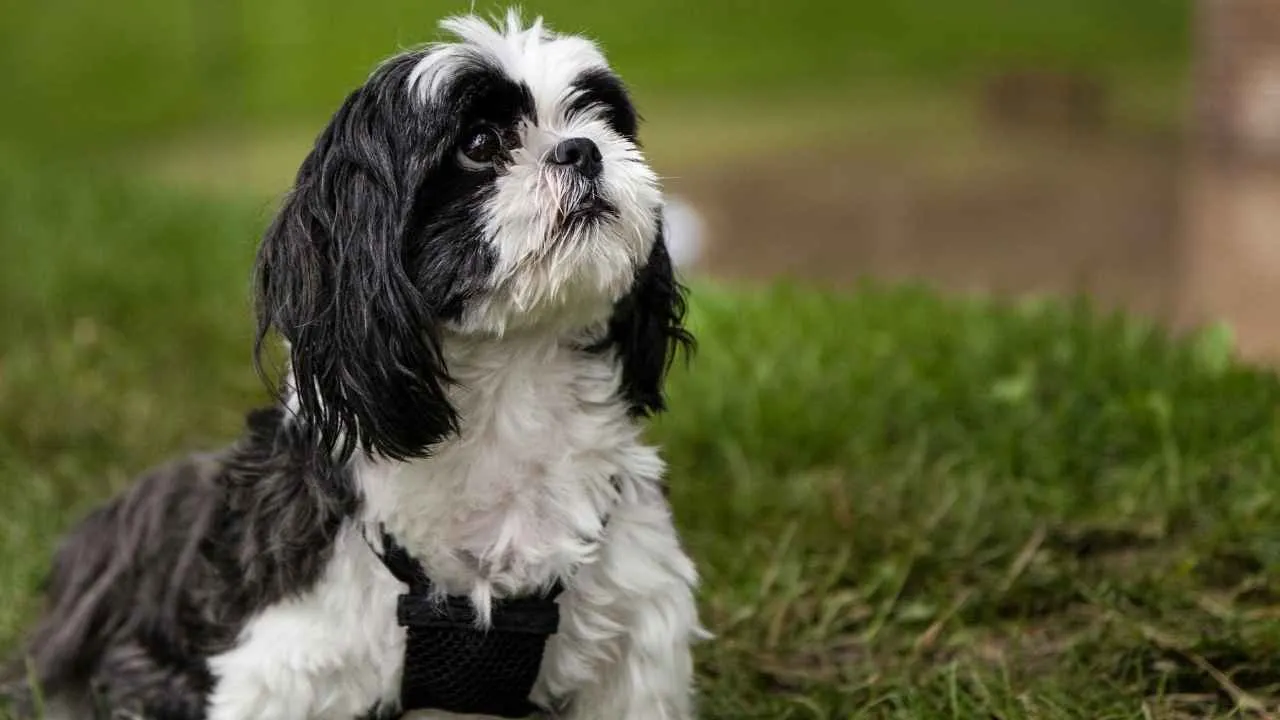
Shih Tzus are small, sweet dogs with big personalities, and some big snores, too. Their flat faces and short noses often make breathing noisier, especially when they’re asleep. It’s not unusual to hear gentle snuffling coming from their bed during nap time.
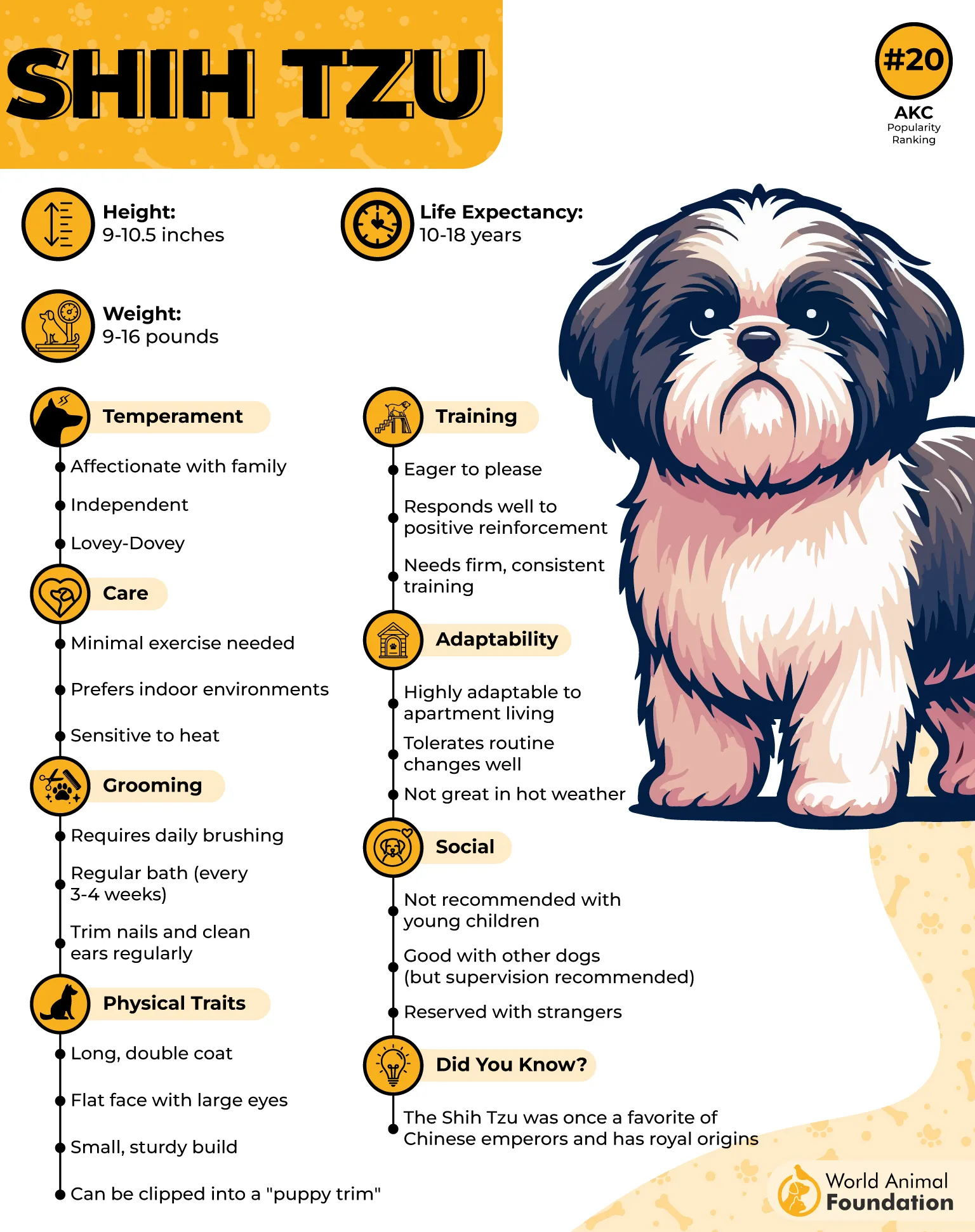
Most Shih Tzu snoring is harmless. It usually comes from how their airways are shaped, which makes airflow a bit tricky when they’re super relaxed. But if the snoring gets louder or they seem uncomfortable, it might be time for a quick check-up.
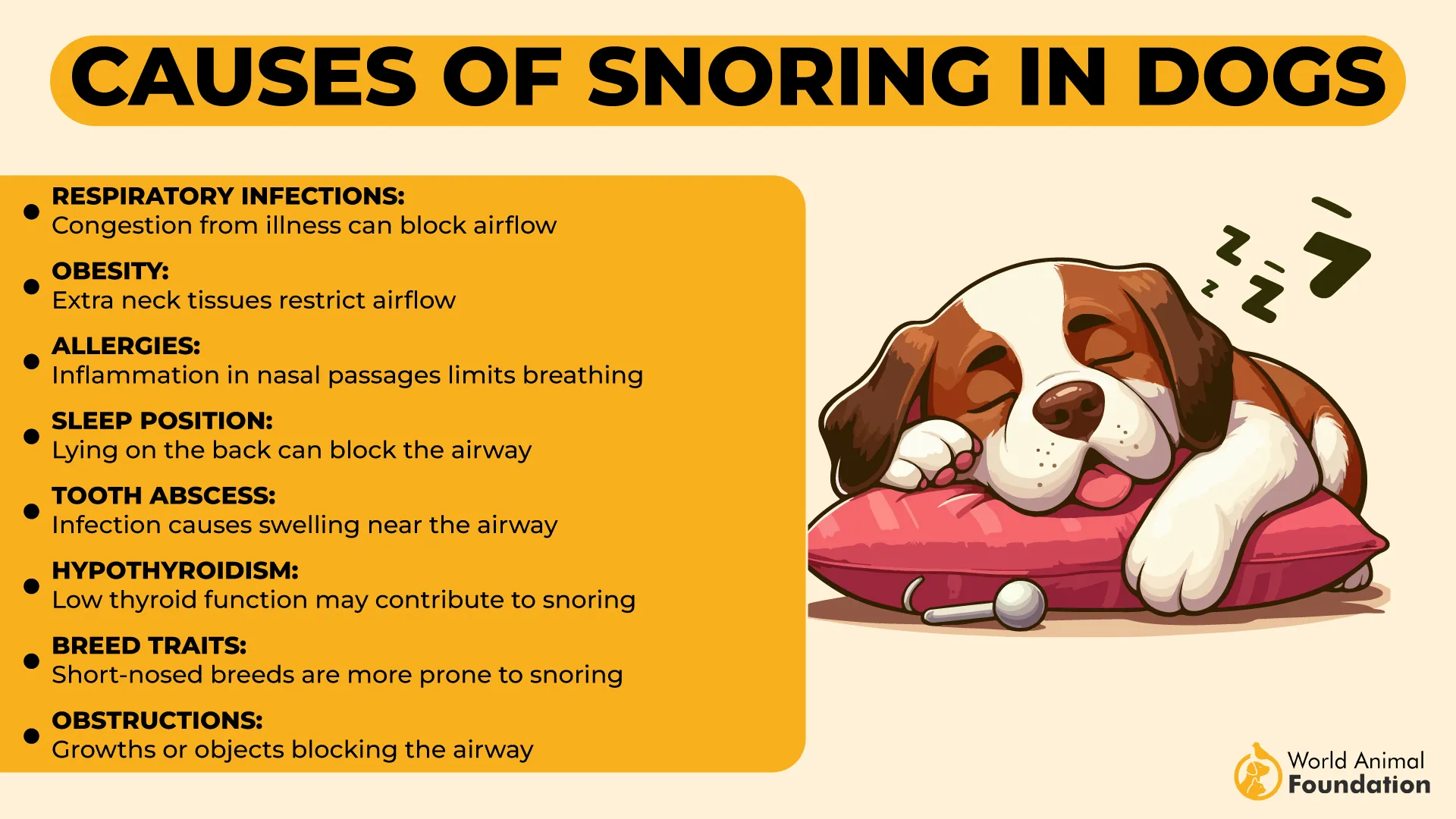
Keeping their sleeping area clean and their weight in check can help reduce the noise. A good-quality bed and a little head support can go a long way in helping them breathe more easily at night.
Despite the sound effects, these dogs are calm and affectionate companions. Their snoring is often just a part of their charm.
Breed Highlights:
Short snout makes them natural snorers
Snoring can get louder with allergies or extra weight
Easygoing, affectionate, and happiest when close to their people
2. Cavalier King Charles Spaniel
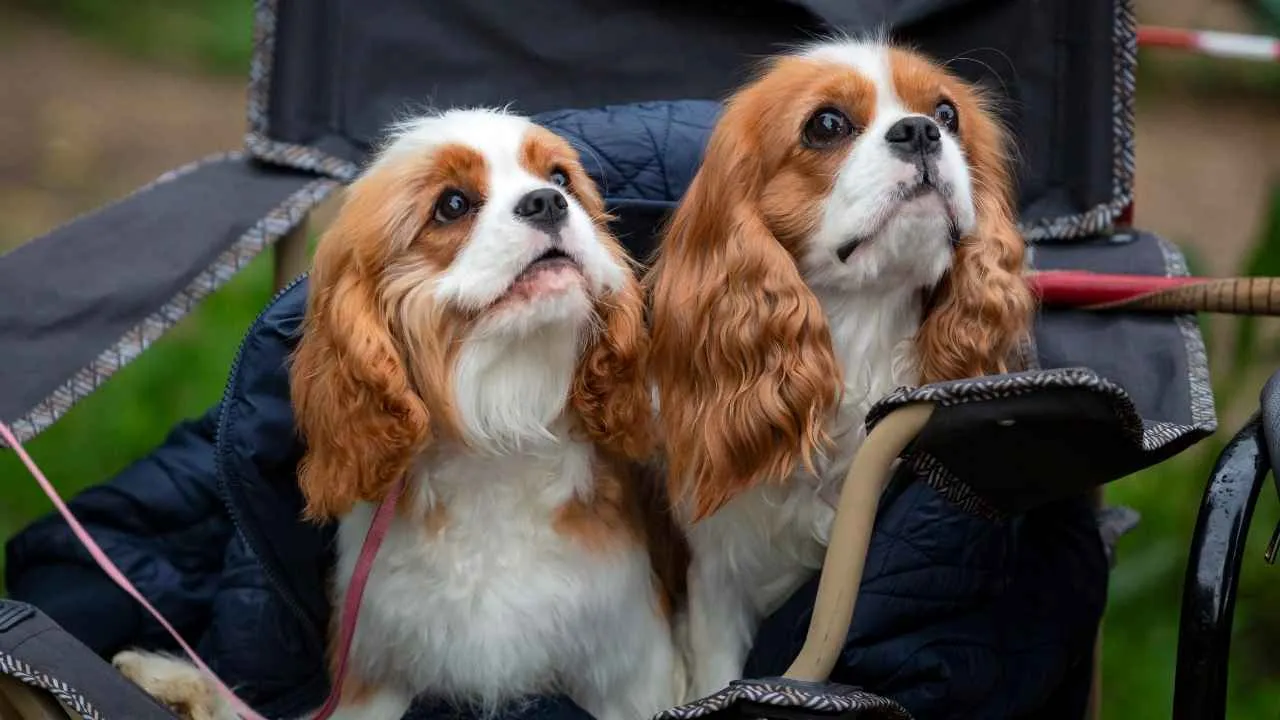
Cavaliers are gentle and affectionate dogs that love to stay close to their humans. While they’re not heavy snorers by nature, some do make soft noises in their sleep, especially when they’re curled up in a cozy ball or lying on their back.
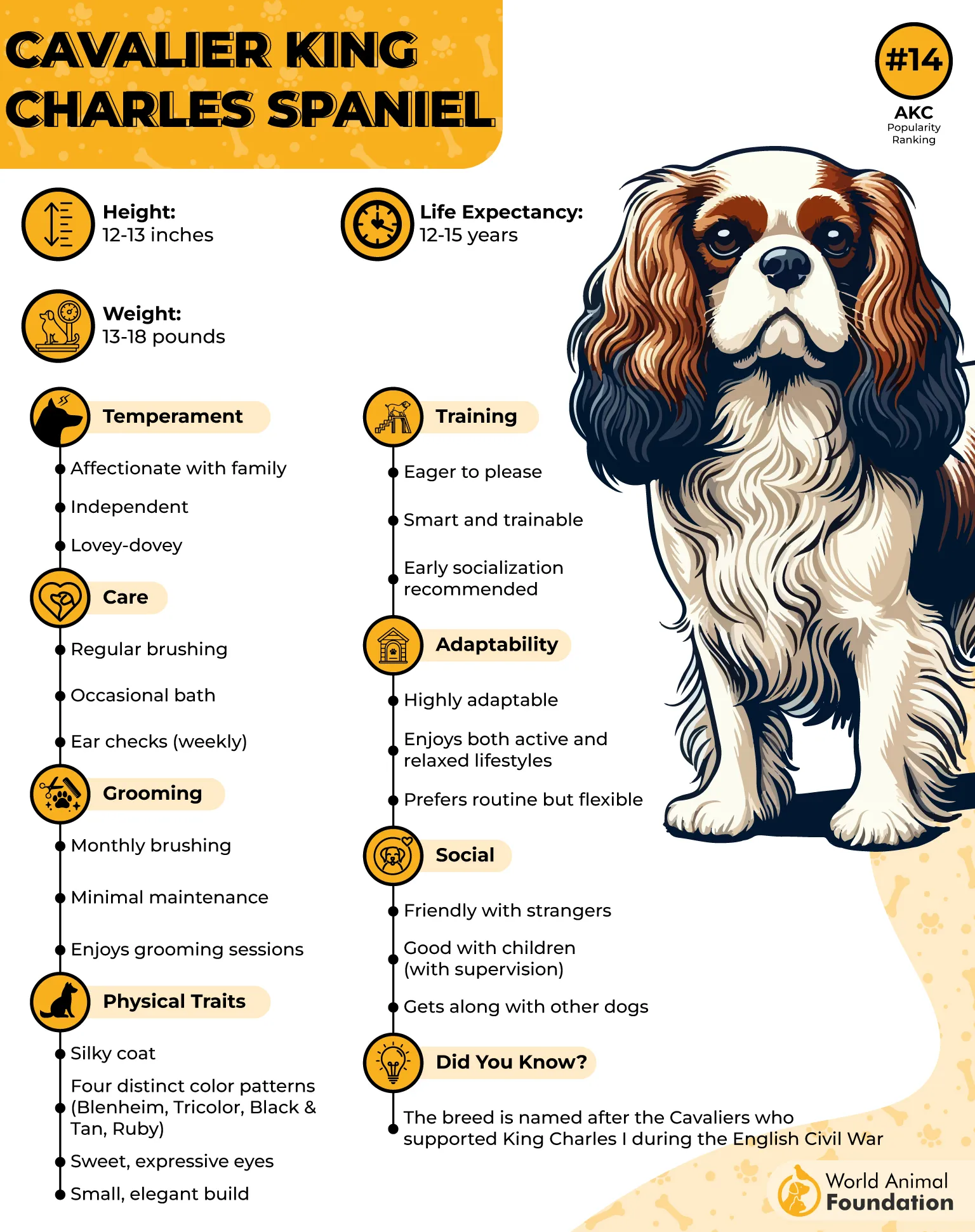
Cavaliers don’t usually snore due to their anatomy. Instead, snoring may show up if they’re dealing with allergies, colds, or a stressful day. Their sensitive nature can sometimes affect how deeply and quietly they rest.
These pups thrive in a calm, loving home. Keeping their space free of dust and irritants and watching for signs of separation anxiety can help prevent snoring episodes. Cavalier Health Organization states that owners must be careful not to let their dogs get too hot, as panting can cause respiratory trouble.
At the end of the day, they’re quiet, gentle, and eager to please. A little snore here and there is just a small price for their loyal companionship.
Breed Highlights:
May snore softly due to posture or mild allergies
Sensitive to stress, which can affect sleep quality
Adaptable, loving, and great for quiet households
3. Pekingese
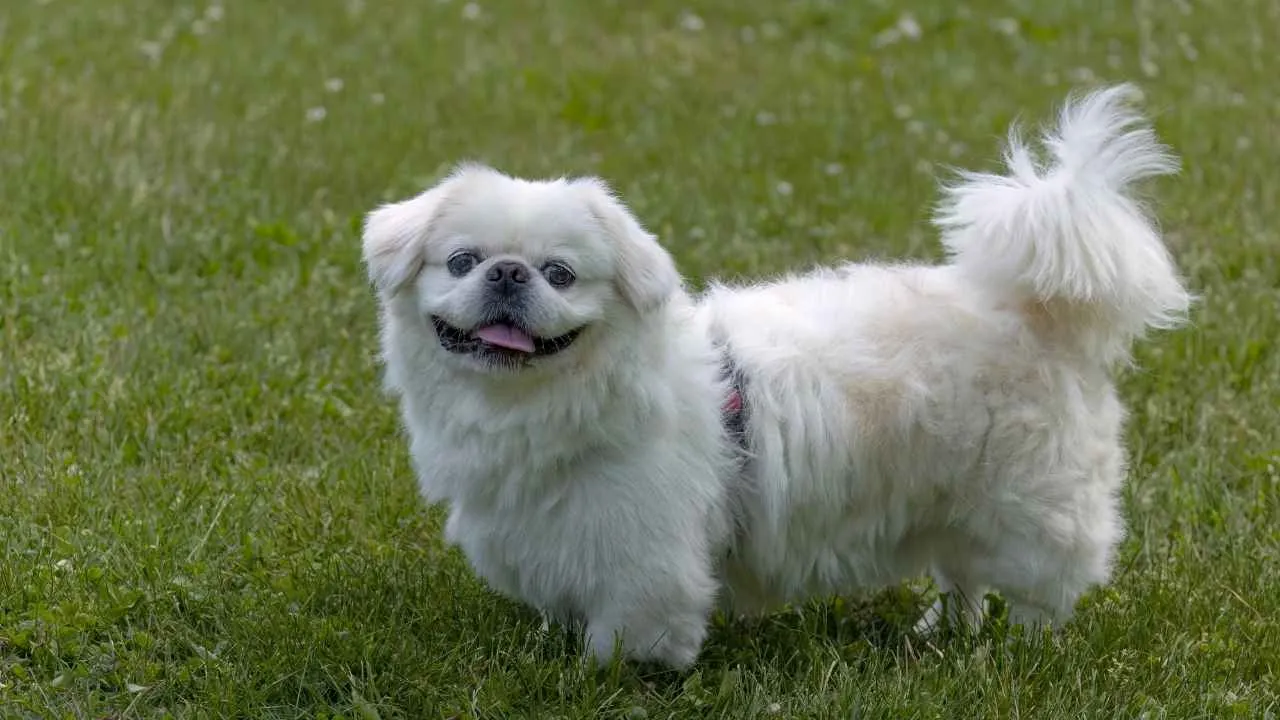
Pekingese may be small and regal in appearance, but don’t let that fool you—these little dogs can snore like seasoned pros. Their short snouts and narrow airways mean nighttime breathing often comes with a soundtrack of wheezes, snorts, and snores.
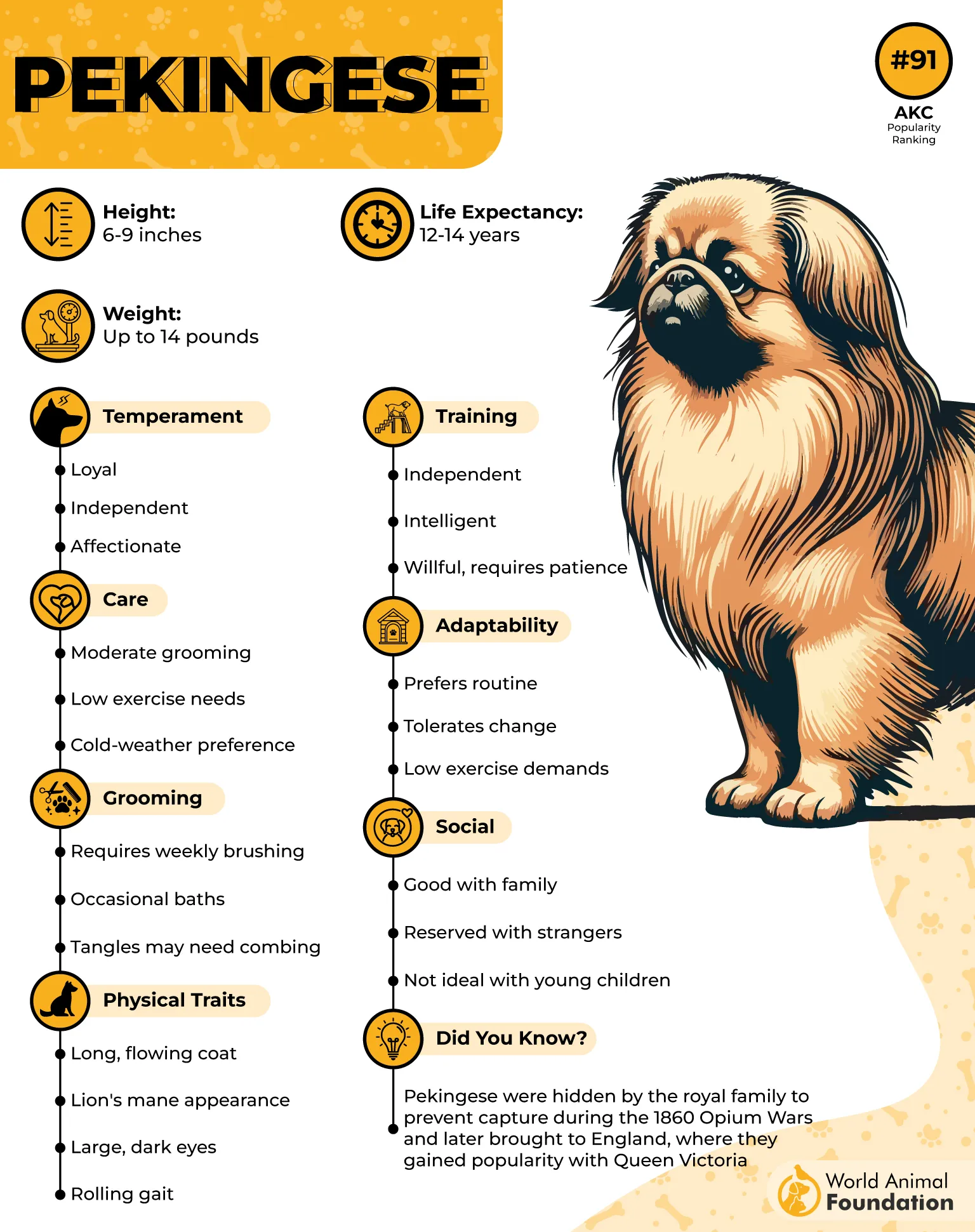
Their breathing challenges aren’t just about snoring. UFAW states that many Pekingese suffer from Brachycephalic Airway Obstruction Syndrome (BAOS), which can affect their ability to exercise and stay cool. Even walking on a warm day might cause them to pant heavily or overheat.
While snoring is a natural part of life for most Pekingese, it’s important to watch for signs of distress, like labored breathing or disrupted sleep. Regular vet checkups, weight control, and a cool, clean environment can help them breathe easier.
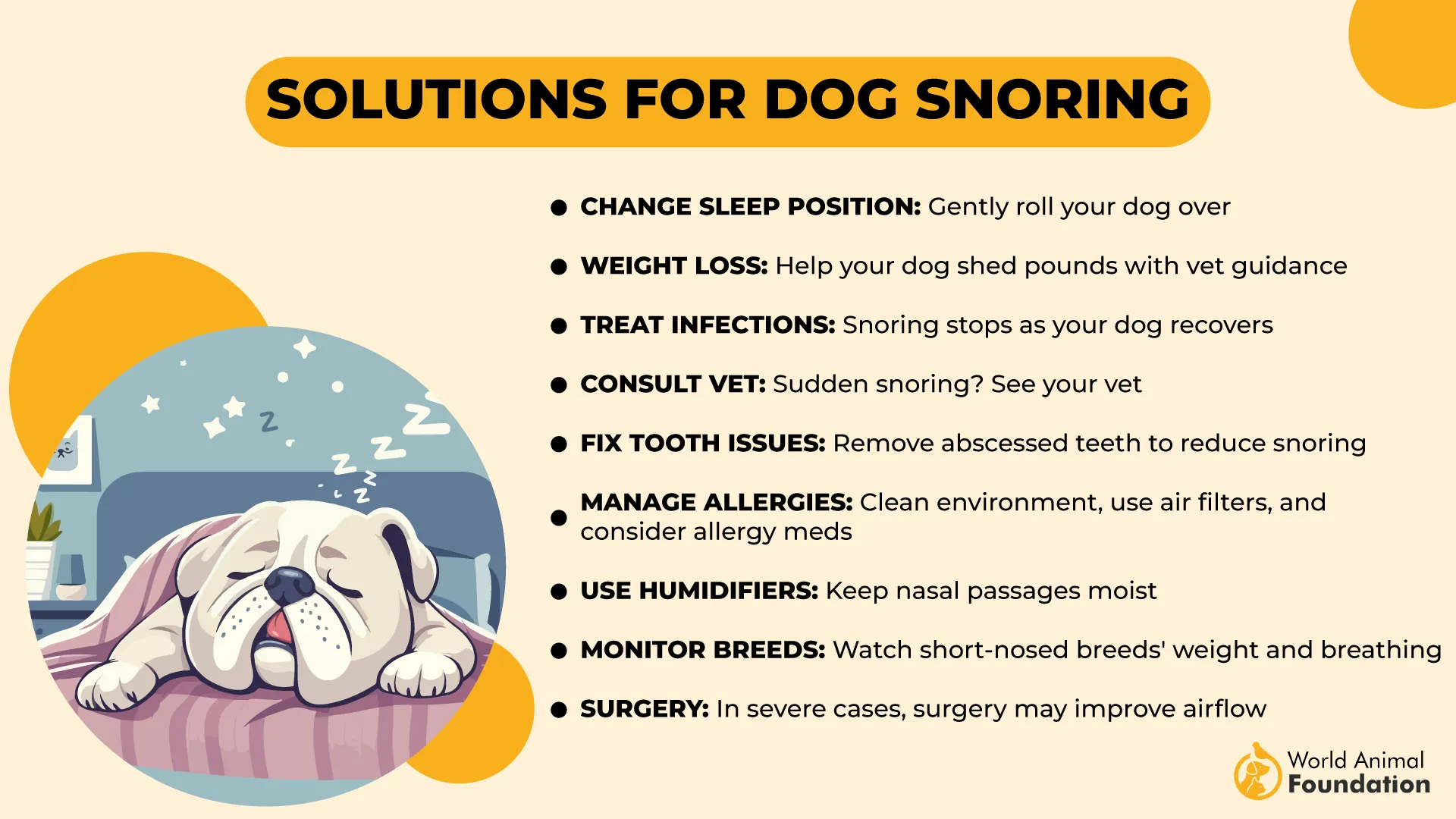
Though they might snuffle more than other dogs, Pekingese are affectionate and dignified companions who thrive with attentive care and a gentle lifestyle.
Breed Highlights:
Flat-faced anatomy causes frequent snoring and mouth breathing
Prone to BAOS; can’t tolerate heat or heavy exercise well
Calm, loving lap dogs with strong bonds to their people
4. Pug
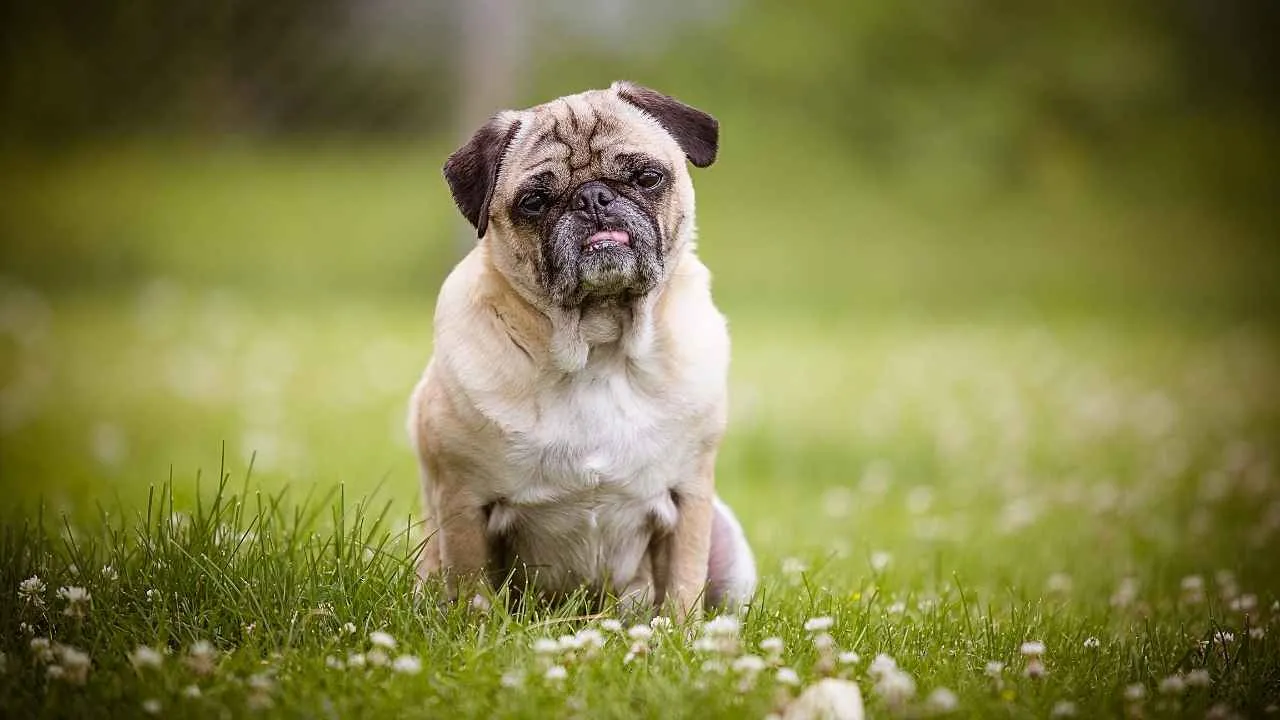
With their wrinkly faces and charming personalities, Pugs are the life of the party and the loudest snorers in the room. These little comedians are rarely quiet, often grunting, wheezing, and snoring ,whether they’re asleep or just relaxing.
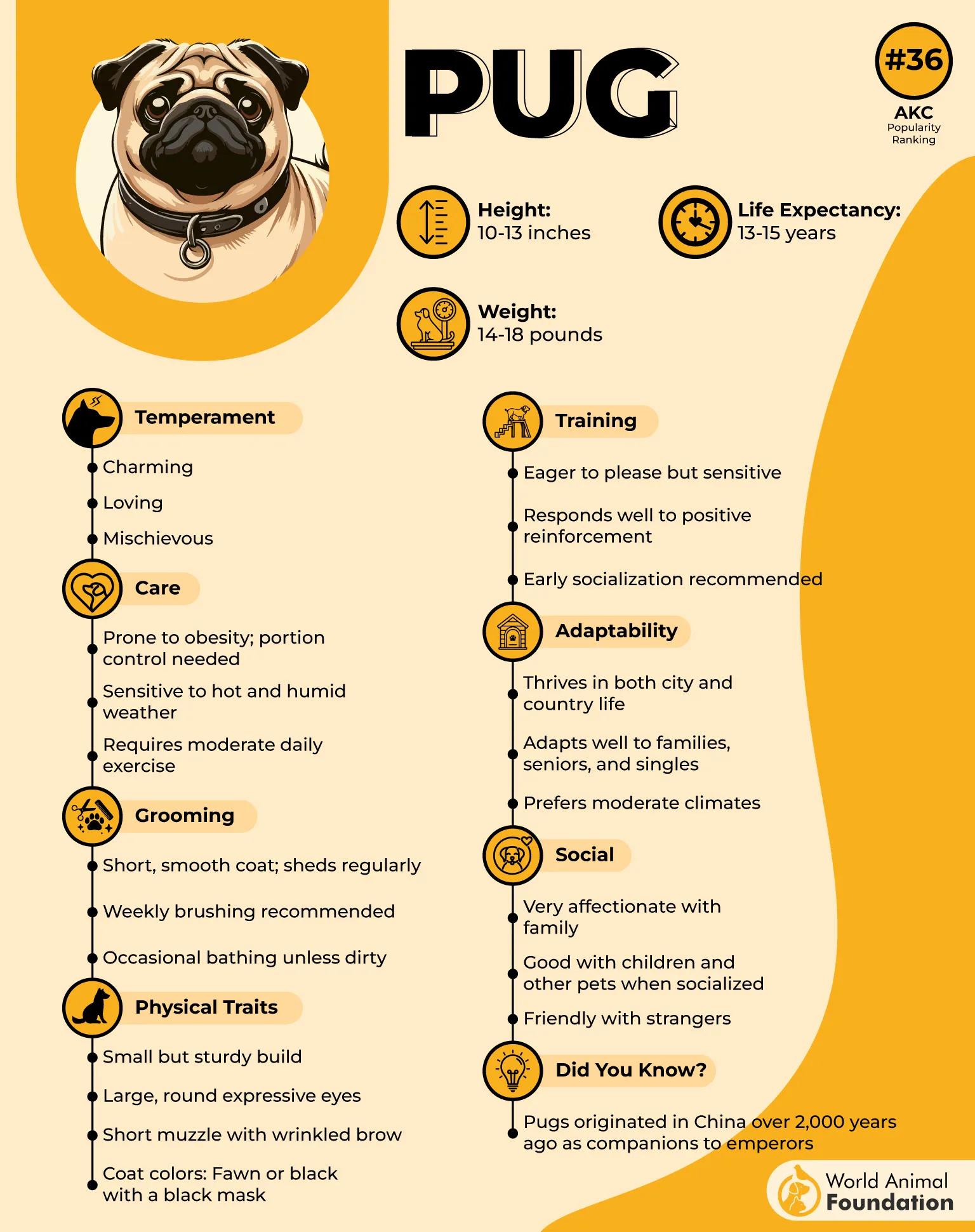
The culprit is their compact airways. Pugs’ squashed facial structure and narrow nostrils make airflow tricky, especially when they’re sleeping deeply or lying flat. After an active day, their snores can grow louder, often earning them a spot on the couch… solo.
BBC reports that Pugs also face serious health challenges due to their breeding. From breathing difficulties to skin fold infections and spinal issues, their care requires attention and moderation. Managing their weight and avoiding hot weather are especially crucial.
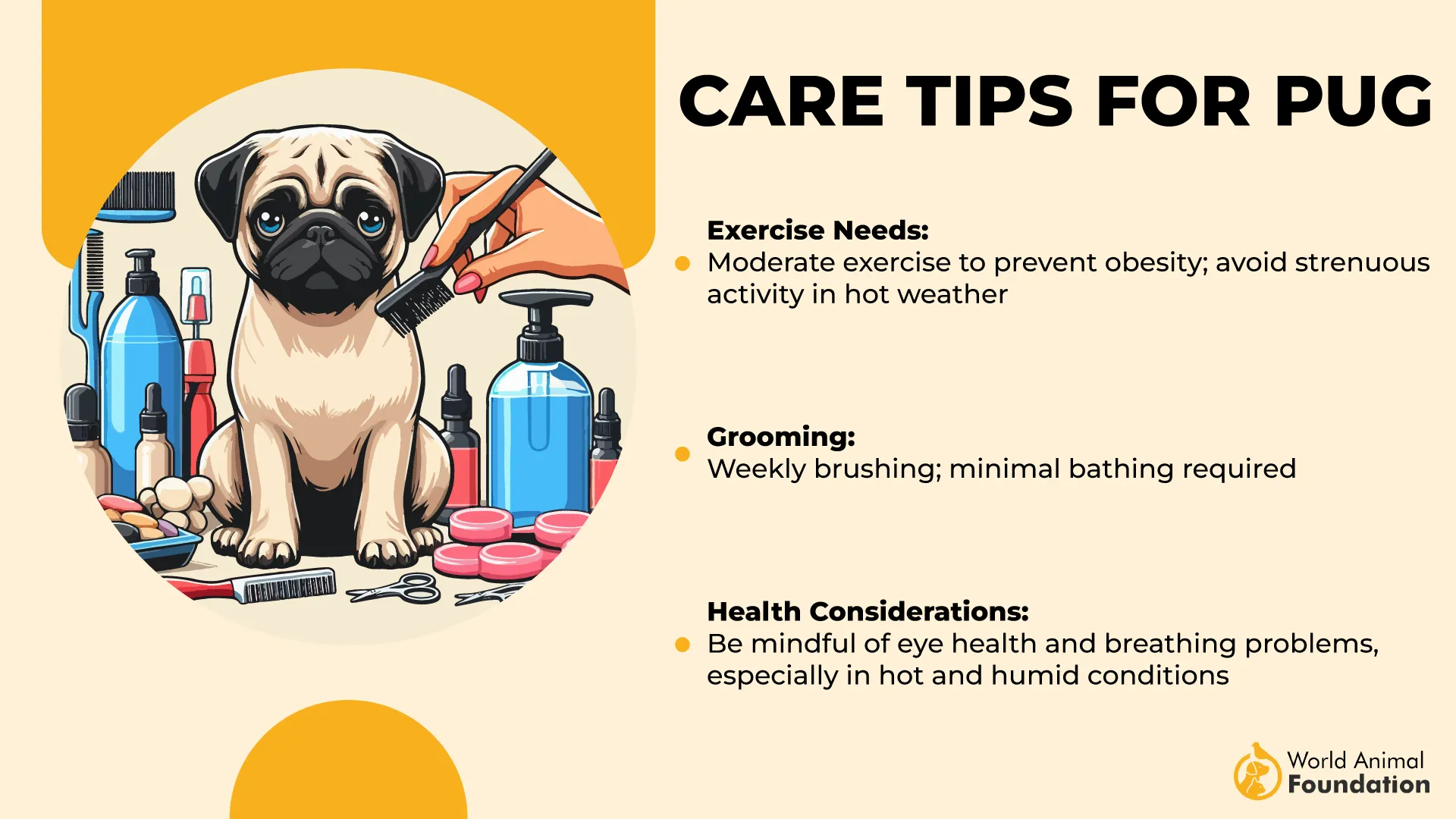
Despite their health struggles, Pugs remain one of the most endearing and devoted breeds out there. Their joyful nature and loyalty make them beloved companions, even if you’ll need earplugs at bedtime.
Breed Highlights:
Brachycephalic anatomy causes loud, chronic snoring
High risk for heatstroke, skin infections, and back issues
Loving, social dogs with a flair for silliness and affection
5. Boston Terrier
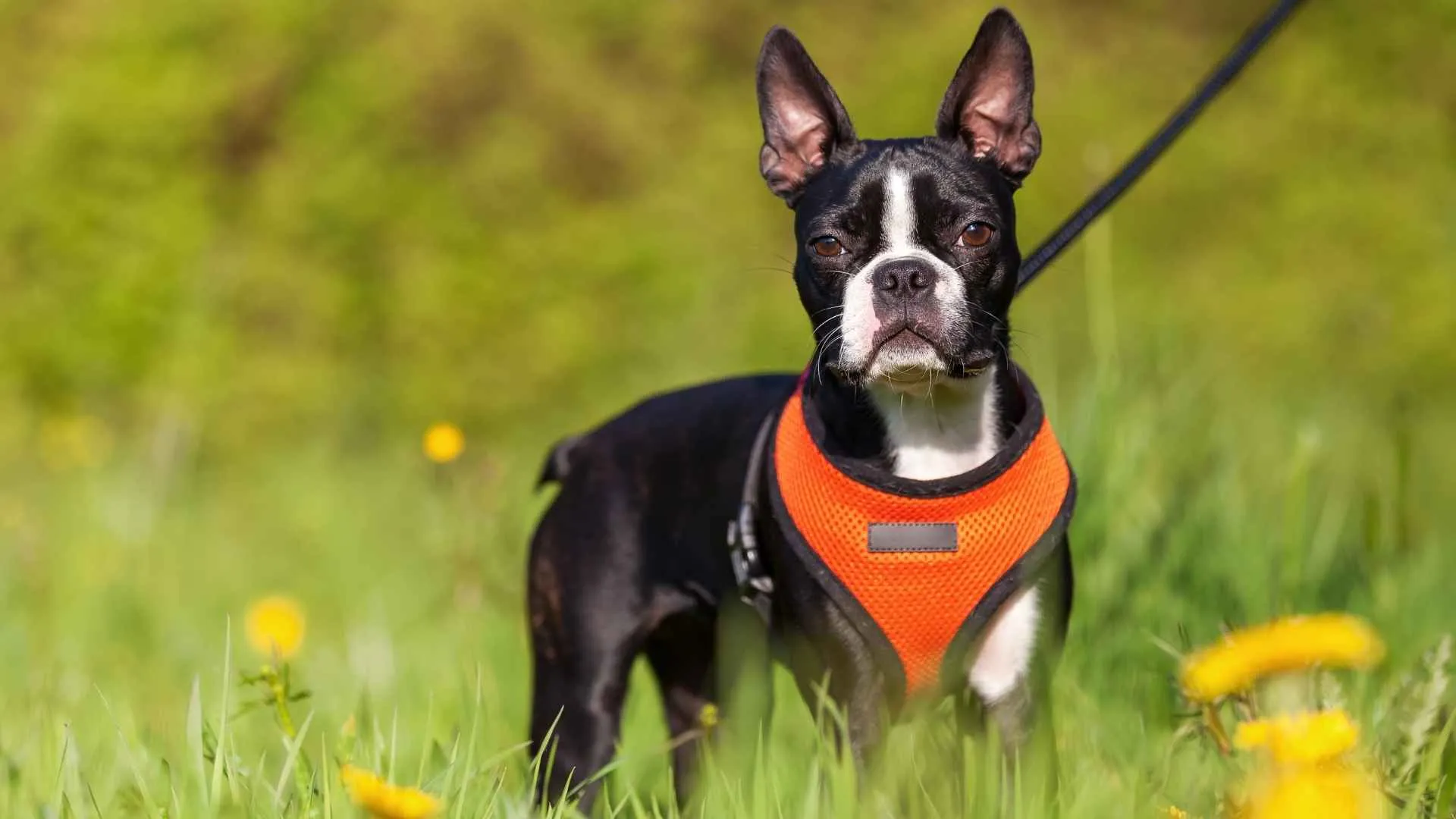
Boston Terriers are small, spunky, and full of character, and that includes their nighttime sound effects. Nicknamed the “American Gentleman,” this breed is known for loud snoring, snorting, and grumbling, thanks to their flat faces and expressive personalities.
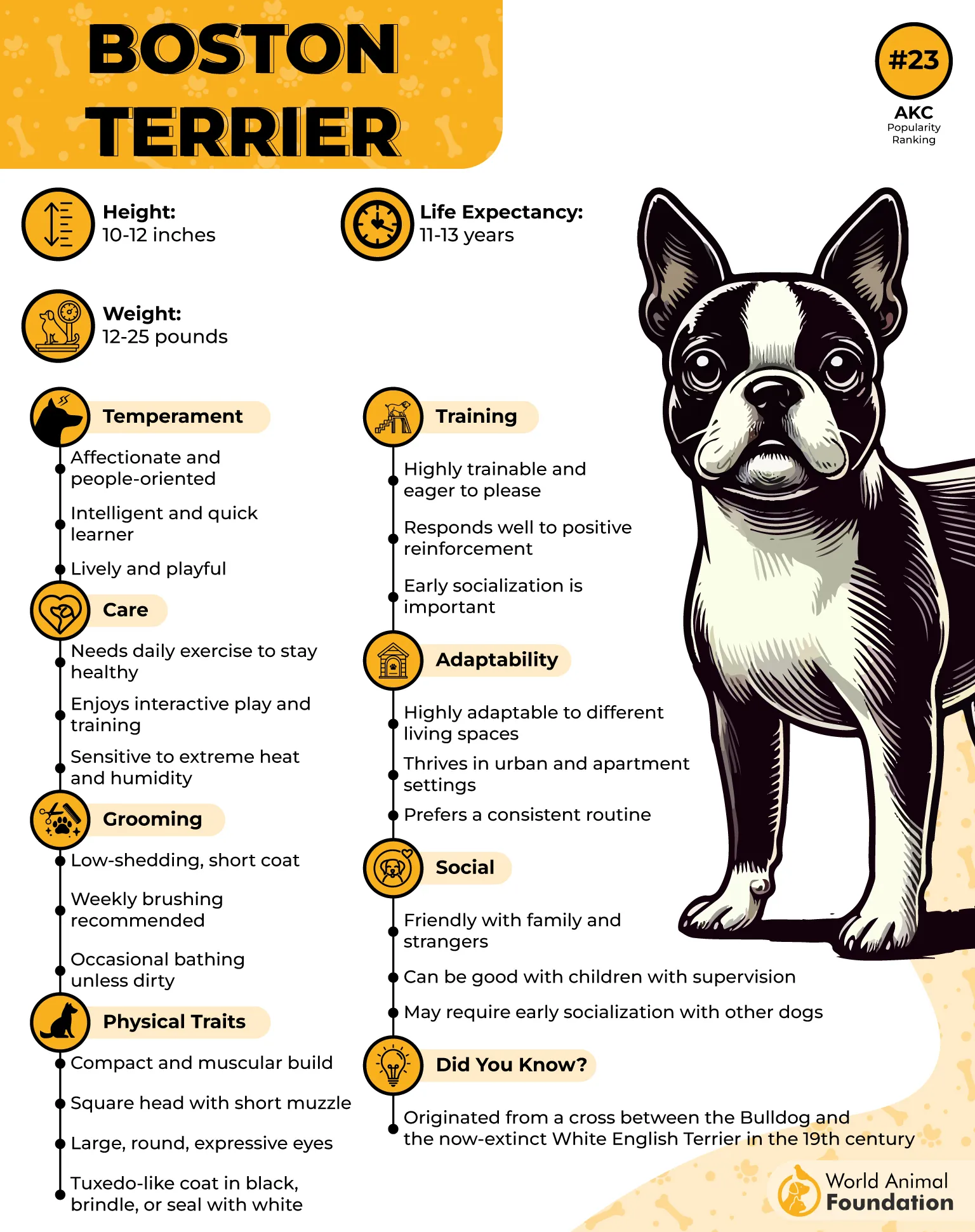
Their short snouts and soft palates often obstruct airflow, especially during sleep. Even a slight change in position can crank up the volume of their snores, making for a noisy, but adorable, night’s rest.
Boston Terriers are energetic and affectionate, but they do need help managing the heat. Their short coats don’t offer much insulation, so summer days require shade, water, and cool places to nap.
Despite their nighttime noises, Boston Terriers are playful and deeply loyal. A raised dog bed or head pillow might muffle the snores, but it won’t dampen their enthusiasm.
Breed Highlights:
Snoring caused by compact nasal passages and a soft palate
Sensitive to heat and cold; indoor comfort is a must
Lively, social, and great with families
6. Bullmastiff
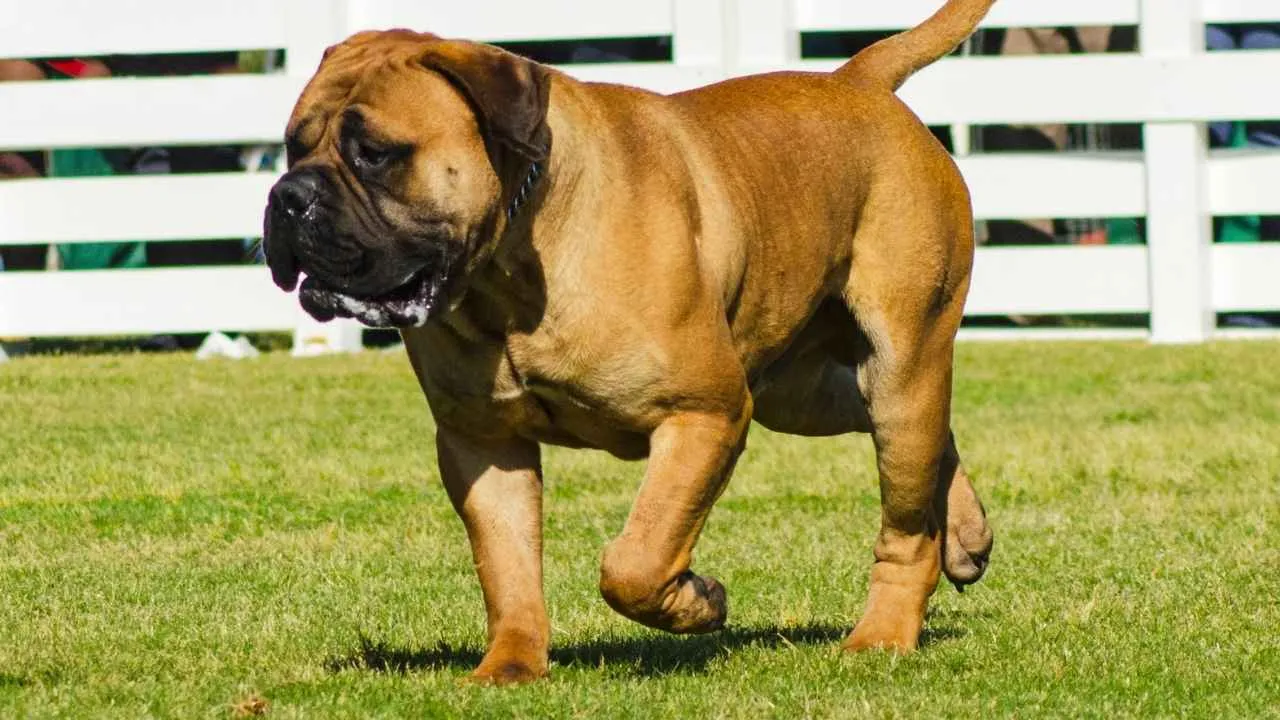
Bullmastiffs are gentle giants that bring both a comforting presence and a deep, resounding snore to your home. These towering canines don’t bark much, but their snores are another story. Their sheer size amplifies the rumble, and it can echo down the hallway like a sleep-time symphony.
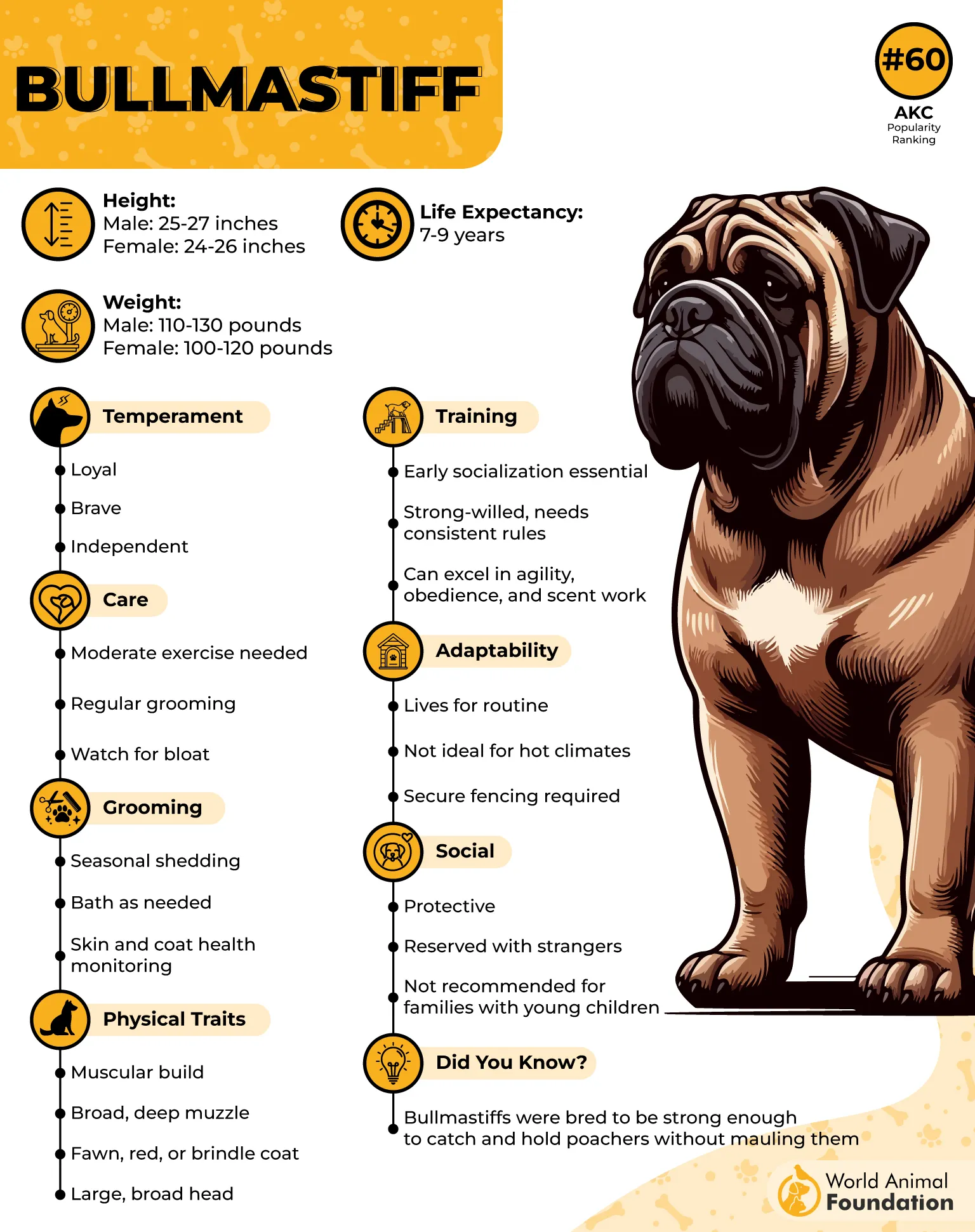
As per PetMD, their short snouts and thick necks contribute to their nighttime noise. As a brachycephalic breed, Bullmastiffs often have restricted airways that vibrate when they’re sleeping. This makes them frequent snorers, especially if they’re sleeping flat or have gained a bit of weight.
Despite their snoring habits, Bullmastiffs are laid-back and loyal companions. They’re especially good with families, but they do need early training to manage their strength and independence. Don’t be fooled by their calm demeanor; they still enjoy regular walks and light activity.
To keep their snoring manageable, ensure they stay at a healthy weight and have a firm, supportive bed. Raising their head slightly while sleeping can make a big difference.
Breed Highlights:
Large, snoring-prone breed with a short muzzle and thick build
Calm, protective, and good with children
Needs early training due to size and strength
7. French Bulldog
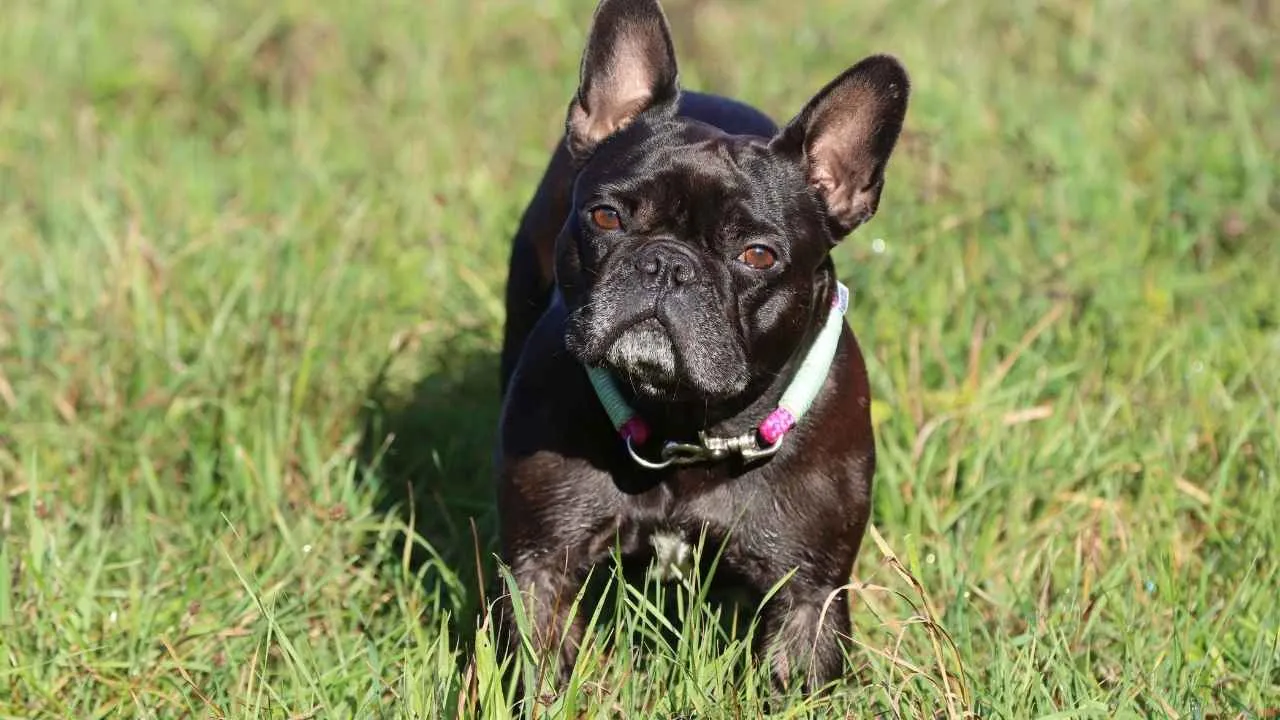
French Bulldogs might be pint-sized charmers, but they pack a surprising amount of snoring power. These compact pups are built for cuddling and city living, but their brachycephalic build means nighttime silence isn’t their strong suit.
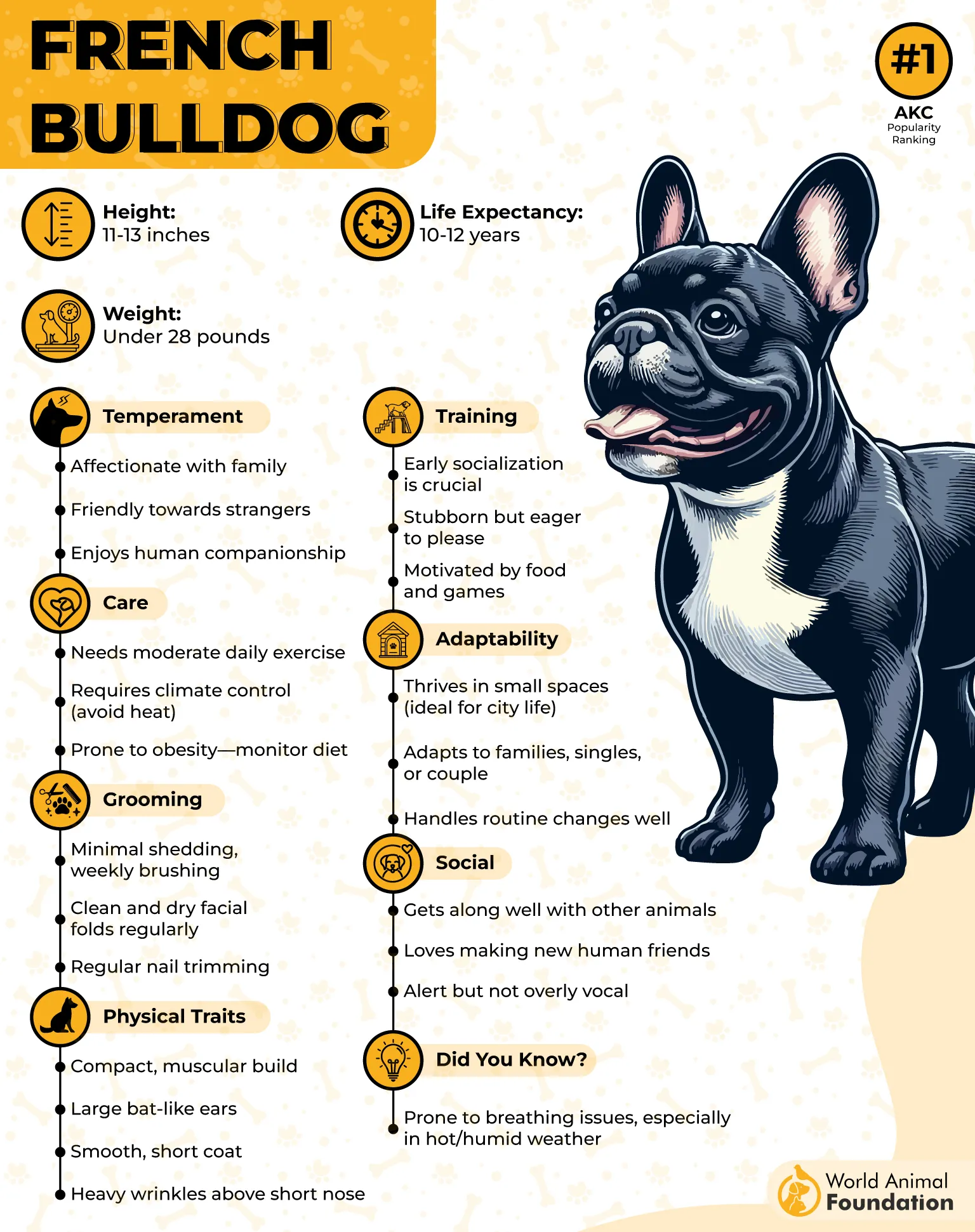
Their flattened faces, narrow nostrils, and elongated soft palates all work against quiet breathing. Even a slight congestion or seasonal allergy can crank up the volume of their snores. In smaller apartments, it’s hard to miss the sound of a Frenchie in dreamland.
Weight gain makes things worse, so it’s important to keep French Bulldogs active and lean. Regular vet checks and proper bedding also help, especially if your Frenchie tends to snore even while awake.
Still, it’s tough to resist a Frenchie’s charm. They’re affectionate, playful, and full of personality, which more than makes up for their sleep soundtrack.
Breed Highlights:
Flat-faced breeds are prone to loud snoring and breathing issues
Adaptable, playful, and ideal for apartment life
Needs weight control and an airflow-friendly sleeping setup
Conclusion
Dog snoring might seem funny at first, but it can tell pet parents a lot about their pup’s health. While many dogs, especially brachycephalic dogs with short snouts like pugs, bulldogs, and Frenchies, naturally snore due to their anatomy, others might develop loud snoring from underlying health issues such as nasal discharge, dental issues, or a narrow trachea. In these cases, your dog’s nose and nasal cavity may be partially blocked, restricting airflow and making it harder for them to get enough oxygen during sleep.
Being overweight can also make things worse, adding pressure around the airways and turning a quiet sleeper into a snoring machine. Thankfully, losing weight, adjusting sleeping positions, or simply switching to a better dog bed can go a long way in helping stop snoring. In more serious cases, continuous positive airway pressure (CPAP) is being explored for canine use, though it’s still rare.
The good news? Most snoring can be managed with a few simple changes at home. Whether it’s helping your pup slim down, managing allergies, or choosing the right vet-approved treatment, there are plenty of ways to help your pet sleep more soundly.
Because at the end of the day, dogs bring joy, love, and yes, sometimes snores, into our lives. But with care and awareness, we can help ensure their nights are just as restful as their days are playful.


